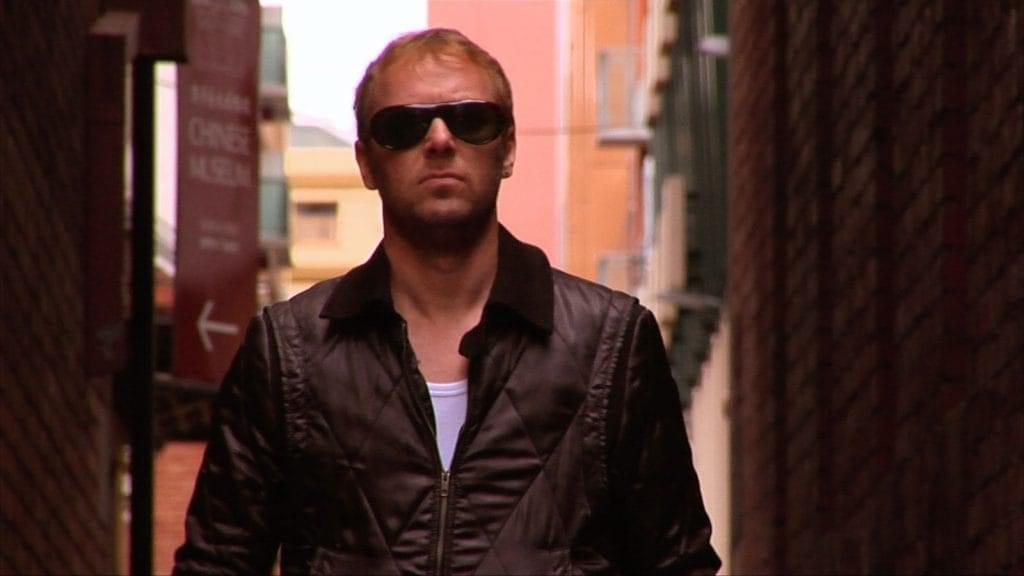
“You were found next to a 1953 Ford, hypothermic, unconscious, at a quarry by a cliff,” says an iceberg of a psychiatrist (Hope Davis) to confused mental patient Bill (Denis Leary), as he is jarred awake from a lengthy sleep. Bill’s mind is awash in flashbacks: visions of an admiring fiancée, a dying father, and a bout of booze-swilling behind the wheel of his pickup are all dancing in his scrambled noggin. Meanwhile, he blathers on about being frozen and groomed for some kind of cryogenic government experiment that will culminate in his death via lethal injection. Is Bill a delusional, psychotic nutcase, or is he really onto something? Such is the setup of “Final”, a movie that sounds like a futuristic thriller but plays out more like “My Dinner with Nurse Ratched”.
With Leary in the lead role, one might expect the film’s undercurrent of sarcastic humor, revealed in a scene where Davis’ bloodless professional leaves Bill’s dreary cell after a tense therapy session and he responds, “See you later – I’ll be down by the pool!” One might also expect the typically overbearing Leary to be a scenery-chewing live wire in this role, clawing at his cell walls like a caged animal. Refreshingly, Leary is relatively controlled as Bill, who comes off a more sedate Kyle Reese, the future-born, misunderstood hero of “The Terminator”. He appears to be delusional, convinced that 400 years have passed since he was put into deep freeze by the government. Ann, however, tells him otherwise. “You’re a ward of the state of Connecticut,” she insists. “If you don’t cooperate, you’ll be here indefinitely.”
What follows is a series of confrontations between the distant, guarded Ann and the impulsive, extroverted Bill, as he pieces together his jumbled fragments of memory during the duo’s one-on-one therapy sessions. Is the guy out to lunch, or does he have reason to fear an insidious plot and a “final injection” to end his life?
This type of subject matter typically lends itself to a suspense framework, as in “The Silence of the Lambs”, where the two-character quid pro quo sessions offered a contrast to the violence and tension that drove that classic thriller. But the way Scott presents it, “Final”‘s redundant, stiff, colorless meetings between Bill and Ann are staged at such a leisurely pace that we’re waiting for someone to shut them up and provide some real tension. As we wait, and wait…and wait for Final’s denouement during a premise that’s more interesting than its two ever-present characters, Scott continues to serve up stagy, talky interactions until we really don’t care anymore.
“Final” was produced as part of The inDigEnt Project, a digital filmmaking collective financed by The Independent Film Channel. The project’s goal – to produce ten feature films for under $100,000 each – was realized by Scott and nine other filmmakers including Richard Linklater, whose celebrated Tape is a more successful example of inDigEnt’s resulting output. The volatile emotions that permeated that three-character hotel room exchange seemed better fit to this sparse, unpolished style of filmmaking than the mind-bending, “What’s real and what’s not” vibe that “Final” strives for.
